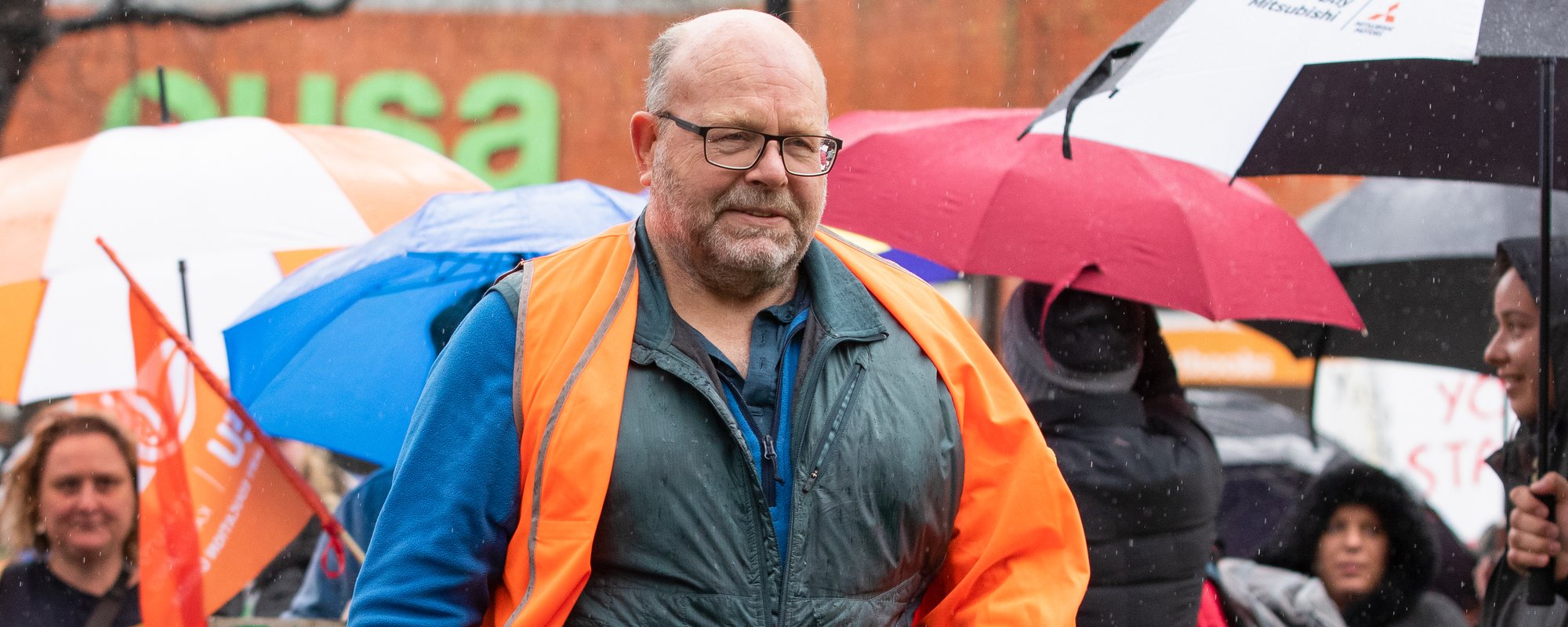Craig Marshall.
Aug. 5, 2025
Introducing – Craig Marshall:
I have been a member of the TEU since 1994 when I first started a real job at the University of Otago, where I was both an undergraduate and postgraduate student. I joined the union (AUS in those days) because I was a believer in collective action, something I still strongly advocate. I’ve been a union member ever since and have been involved in many TEU activities. My day job is to teach biochemistry and genetics, something I very much enjoy, and to work on freezing tolerance in invertebrates and plants (something about which I can talk at far too great a length).
In my spare time I dig holes and bury money, and dream of how I can fit another plant in the garden. My children have now left home and while it is peaceful in their absence, I do miss them (and the grandchildren, who live in distant lands). Collective action works for local matters too and I’m involved in various organisations with local connections.
I'm standing because:
I would like to play a part in making the TEU an even more effective, Tiriti-led organisation, with clear goals, a sound implementation plan, and the strong support of its members. I have a good understanding of how the TEU works, know how important it is to listen before making decisions, and recognise how important it is to make connections and use all these tools when making decisions.
What I will bring to the role:
I offer the experience of many years in the TEU, an ability to listen, to assess, and to contribute to constructive decision-making and effective action.
When I first joined the staff at Otago, significant student fees were introduced, we were exhorted to compete with each other, and we went on strike for the first time ever at the University of Otago. Collective action was important, but I realised the union needed to do more to control the narrative rather than just react.
I wanted to learn more about how the university (and universities) worked because I could see that some change was best made from within and by using the system. To find out what that system was, I stood for University Council and spent more than ten years as an academic staff representative. These were times of painful change led by Stephen Joyce (who still casts a shadow) with consequences with which we still live.
I learnt much from that experience and found out at least some of the ways in which decisions were made and how they could be influenced. Since stepping down from University Council, I rejoined the branch committee, became branch co-president again, and applied what I had learned to help TEU improve conditions for staff. My experience has contributed to improved conditions and pay in collective bargaining at Otago.
A member of TEU Council since 2024, I have been involved in several Council sub-committees, including developing the recent changes to TEU subscriptions, in disputes resolution, and changes in governance. This means I have a fair understanding of how the TEU works and I will bring that knowledge to the role of National President | Tiriti.
Our sector is very diverse. We have large sites and small. Universities and polytechnics are well-defined, but sites such as Wānanga are typically small with high density and need a different approach for sound representation. Universities face incremental cuts in funding, the disestablishment of Te Pūkenga has been chaotic and deeply damaging, and smaller sites tend to be overlooked. We are afflicted with an excess of managerialism and the failure of governing bodies to recognise that staff really are their institutions’ greatest asset.
If I am elected, I hope to achieve:
I would work to improve representation within the TEU to serve our members better. I would like to see our governance system improved and linked more effectively to representation to ensure we choose achievable goals and that we have the resources for success. We also need to cultivate politicians of all stripes so we can set the agenda for change in the tertiary sector. Being first with policy is very effective and sets the agenda: being second is much harder and we often find ourselves reacting to bad policy instead of implementing the good. All of that will take work: together we can make these things come to pass.
Things that to me are most critical for TEU are workload, precarious work, finding ways of repairing the damage done to what was once Te Pūkenga, and to improve funding to the whole tertiary sector. These are all significant challenges.
I will contribute to the implementation of the TEU's goals by:
I think the single most important thing I could do to implement TEU goals is to listen and to foster constructive discussion. I have learnt that change for the better comes from developing working relationships with both allies and opponents. That can be difficult, but finding areas of common ground leads to opportunities in places of conflict. I would foster these conversations so the TEU can set the agenda rather than respond to unwelcome changes. We should address our goals by focussing on those things that we can achieve and for which we have the resources.

